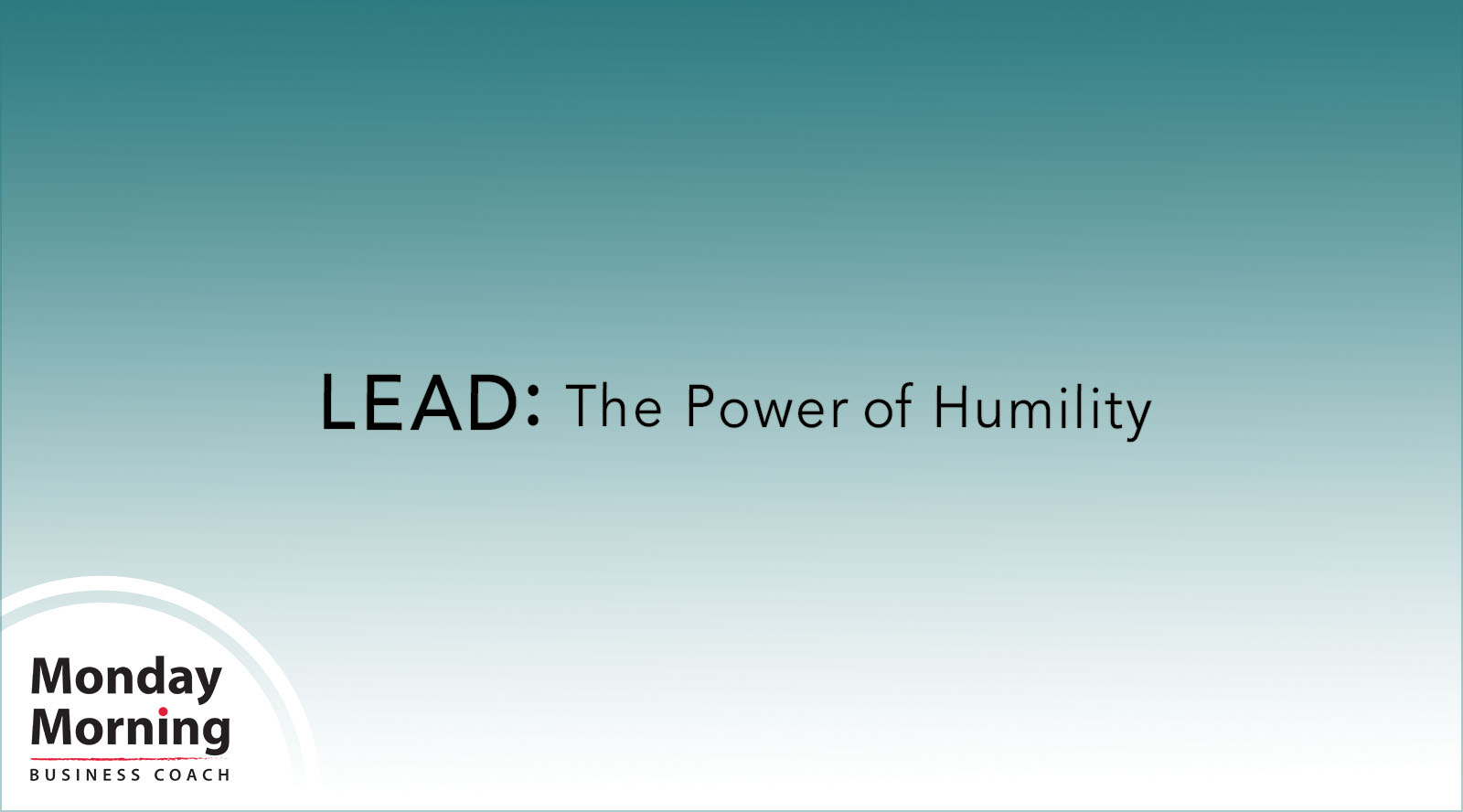Just over a year ago, we shared this article by Karl Albrecht Ph.D., The Paradoxical Power of Humility. We were reminded of this post in several recent conversations with leaders who are in the process of educating themselves about racism, diversity, equity, and inclusion. We’re seeing that to be successful, humility is critical.
Our focus is supporting you to be a leader who celebrates differences and embraces novel experiences, backgrounds, and thoughts. So, today, we’re sharing some excerpts from an article about humility that spoke to us. There’s a link to the full article at the end if you’d like to read it in full.
Why humility is under-rated and misunderstood
Karl Albrecht Ph.D.
BrainSnacks
Our popular-media culture is saturated with themes of conflict, combat, and conquest. Popular films feature cops chasing crooks; the military fighting terrorists; the lone avenger pursuing the evil-doers. We say we love peace makers, but our heroes are warriors. As a society, we like our celebrities to be cheeky, self-important, and even a bit narcissistic.
Little wonder that humble people seem a bit strange to us, as if they’re following some syncopated life rhythm that few people around them quite “get.”
Having claimed that humility is misunderstood, I suppose it’s incumbent on me to offer a definition.
What is humility? It’s a subtle concept, and I find myself having to frame it mostly in terms of what it is not. My conception of humility is what you have when you give up certain self-aggrandizing thought patterns, reflexes, and behaviors. I offer the proposition – and the value judgment – that humility is a kind of liberation, a paradoxical state of freedom from the culturally imposed norms of narcissistic “me-first” thinking.
Practitioners of many spiritual traditions, such as Buddhism, would say that attaining such a state is a necessary part of the journey toward enlightenment.
Humility is about emotional neutrality. It involves an experience of growth in which you no longer need to put yourself above others, but you don’t put yourself below them, either. Everyone is your peer – from the most “important” person to the least. You’re just as valuable as every other human being on the planet, no more and no less. It’s about behaving and reacting from purpose, not emotions. You learn to simply disconnect or de-program the competitive reflex in situations where it’s not productive.
Humility is less a matter of self-restraint and more a matter of self-esteem. The greater your sense of self-worth, the easier it is to appreciate others, to praise them, and to encourage them.
Does this mean that it’s wrong to try to win at bridge, or improve your tennis game, or compete to get ahead in your work place? Of course not – those are parts of a separate dimension of life. Your talents and abilities will speak for themselves. What we’re dealing with here is a matter of social intelligence, which involves inviting people to move with and toward you, instead of away and against you.
A well-developed sense of humility shines through in your behavior toward others. They feel affirmed, appreciated, encouraged, validated, and psychically nourished. Most of us are powerfully drawn to people who treat us that way, like bees to flowers.
This full article, posted in Psychology Today on January 8, 2019, can be found here.
In its simplest form, our takeaway from this article is found in these lines:
It involves an experience of growth
in which you no longer need to put yourself above others,
but you don’t put yourself below them, either.
Everyone is your peer.
We’d encourage you to identify opportunities in your life where you can lead with humility and curiosity, and then give it a try.
Let us know how it goes.


